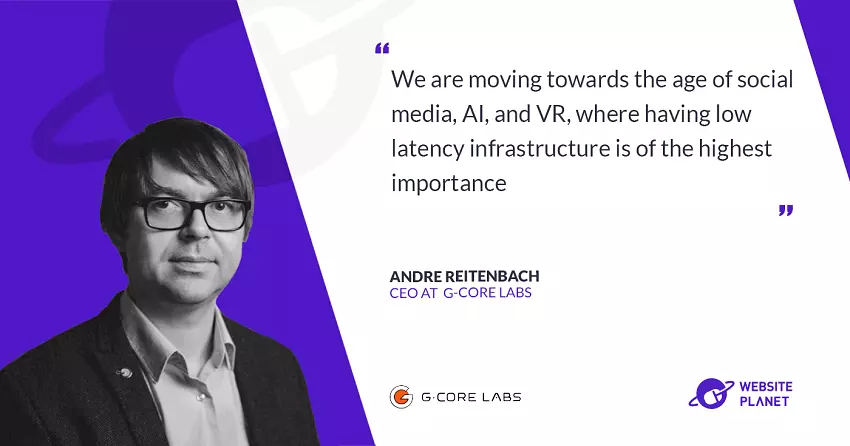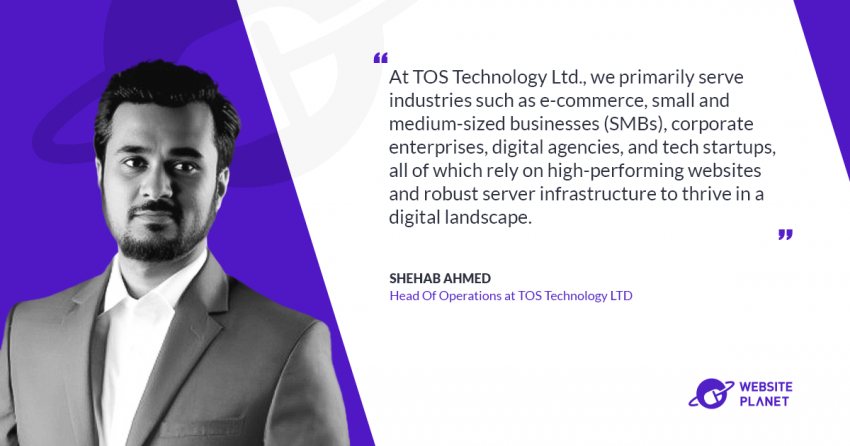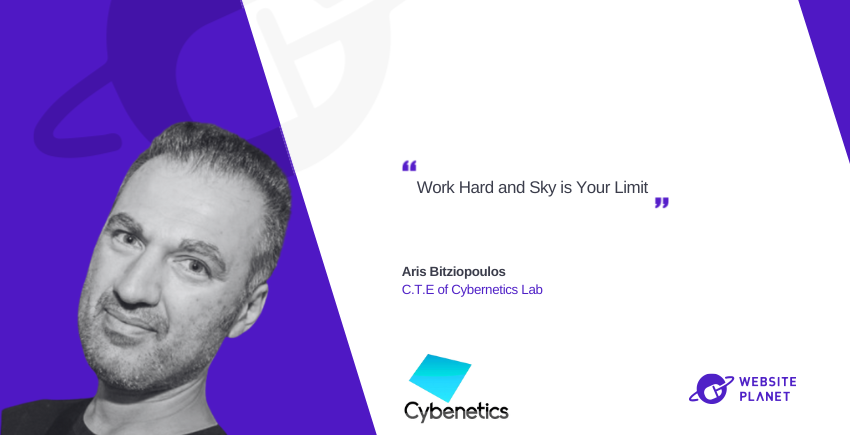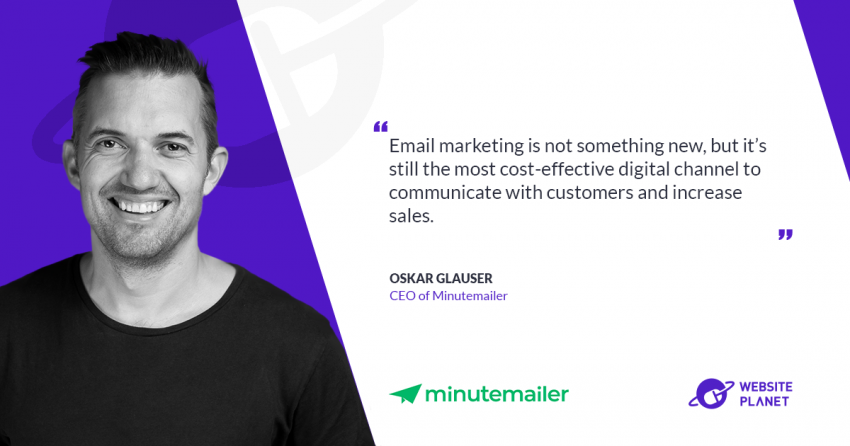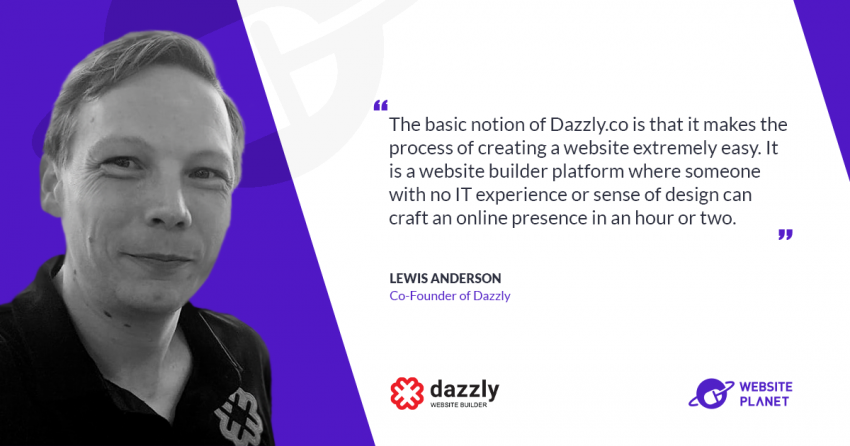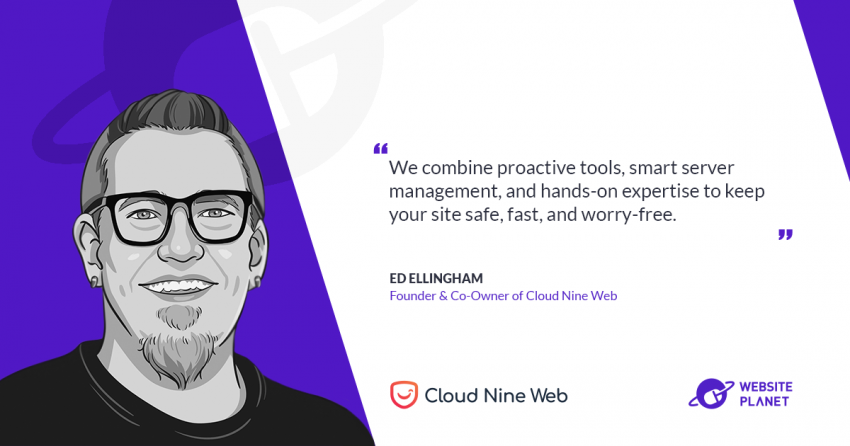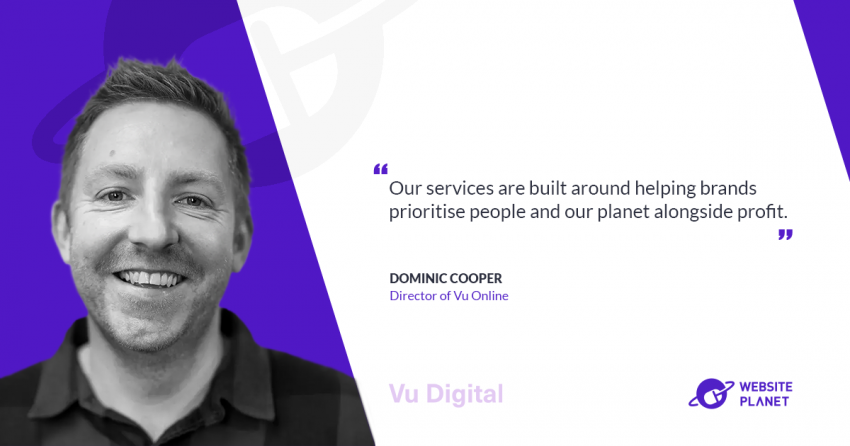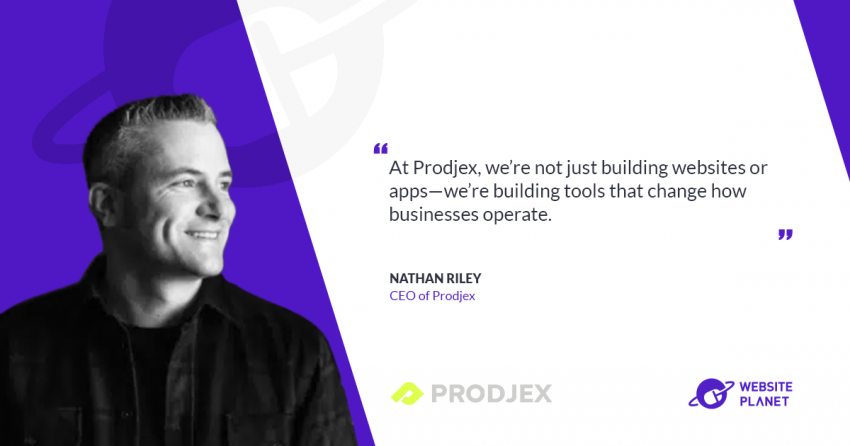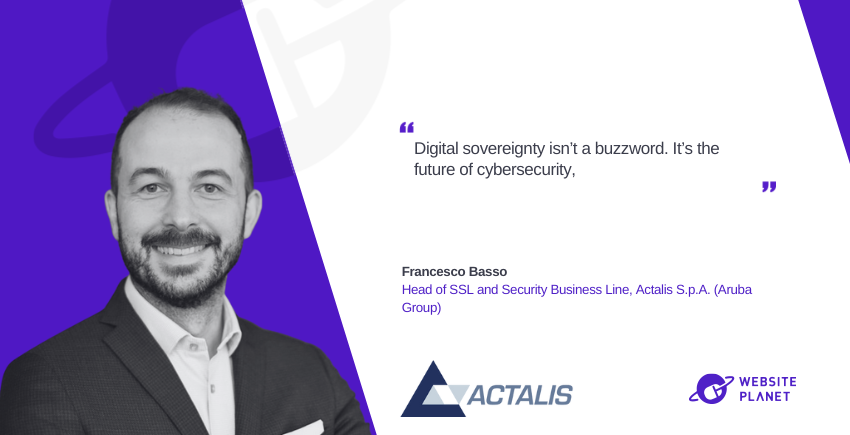G-Core Labs is an international cloud and edge leader in content delivery, public cloud, hosting and security solutions for SaaS, gaming and heavy-duty applications. Headquartered in Luxembourg, G-Core’s global infrastructure is included in the Guinness Book of Records for its high performance and speed. In this interview, CEO Andre Reitenbach illustrates the unique business model behind G-Core and explains why low latency is extremely important.
Back in March and April, everybody was in lockdown, and telecom capacity was limited. Some providers asked us to lower the size of pictures and metrics, for example, and use it to throttle the quality, just in order not to overuse the pipes and keep pace with the amount of additional traffic. On top of this, we have many projects that try to give solutions to classical businesses. For example, we recently started a project with one of our partners where we built an instrument that allows doctors and patients to communicate with each other. I think this kind of messaging apps will move fast into the VR space. If you want to have more services in this environment, you need stable infrastructure and low latency next to the customer. Of course, we’re just at the beginning. Right now, it’s just used to speak to the doctor but the next step will be VR, which will be used not only in hospitals but also in other environments. In prisons, for instance, people aren’t allowed to go out and visit a doctor. They have the prison doctor who comes regularly, but if a prisoner needs to see a specialist doctor, this is where VR can really come in handy because it can all be done digitally. The doctor can automatically measure your temperature, sugar, blood pressure, and so on. You’d get push notifications reminding you to take your medicine or make a doctor’s appointment when needed. We didn’t find any interest in this three years ago, but now, with social distancing, people need to stay at home and they cannot communicate directly, so this becomes a critical infrastructure. Another use case is a project we finished recently with one of the biggest Chemical Companies in Russia. They have a lot of remote plants in places that are very difficult to reach. You cannot send highly qualified specialists there regularly because it’s too expensive. So what we ended up developing is a AR tool that lets engineers go into the plant and watch it as if they were there, while they instruct the people on the ground about what they have to do to solve their issues. This kind of technology is largely used in the oil industry, but it can also be applied in many other environments.
Please describe the story behind the company: What sparked the idea, and how has it evolved so far?
G-Core Labs started with a challenge that we needed to solve. It was back in 2012 when online gaming was only starting to evolve and was not nearly as powerful as it is today. There was no pre-built infrastructure that you could use to quickly start a service and provide it globally from one provider. Typically, you’d have to go for really progressive markets like the US or Europe, but then it started to become complicated. If you needed to start a massively multiplayer online game (MMO) that served players in Central Asia, Europe, Africa, and the US all at once, you had to spend a lot of money on extending your resource capability. We understood that this was a challenge that will be even bigger and more important in the future, so we started to build infrastructure all over the world because if there’s one crucial point that for digital businesses, it’s low latency. We need infrastructure where the end customer is next to the network, and the network is next to the market you want to serve. We started to build data center connectivity to serve our big customers across Eastern Europe and Asia on top of our existing market in Europe. At some point, we realized that low latency had very high demand, so we spun the company and started selling our services to gaming companies. During our first few years as a company, there were no other providers who offered a single, inclusive solution like ours, not in Europe and North America, and certainly not in the emerging markets. If you need something to work in Kazakhstan or Uzbekistan and at the same time in Mexico or Germany, we can provide it. There is not a big selection of companies that you can find on the market to do this. Of course, this trend of being at the edge is becoming a big thing. A lot of companies are moving in this direction, but if you look at the market, you’ll see that almost all Top-20 private networks in the world are US companies, and we aim to be in the Top-10.What would you say are some best practices for maintaining an optimized network environment?
In the past, if people wanted to have infrastructure, they would have to buy a data center and create everything from scratch. The trend nowadays is that everything has to be orchestrated, so you don’t need to spend too much time building your own infrastructure, and you can focus on your product instead. In fact, it’s easier and often more cost-effective to hire a specialized company that will orchestrate everything than to do it yourself.How has COVID-19 affected your business and the industry as a whole in your view?
We see that COVID has had a huge impact on the market, especially in politically-derived industries like travel. Everything is down because consumers are at home, but at the same time, it’s a big accelerator for online businesses because people are sitting at home and they consume more media. The environment and the way we do business is changing as everything moves online. In the IT industry, remote work was already quite a big trend last year. We at G-Core Labs were already working a lot with remote workers, and most of our instruments were online. Of course, we have a classical office but it’s not the key. Our strength is in our ability to have teams everywhere. Our people are sitting in Thailand, Goa, the US, Europe, and Eastern Europe and they all work remotely. COVID has increased and accelerated our reach, from typical online businesses to more conservative, old school businesses, who are now required to work remotely. Online is becoming more important; instruments and applications are becoming more important. Every single one of us is moving online, so we need a good stable infrastructure to be able to work seamlessly. Here’s a quick video to illustrate this idea:Back in March and April, everybody was in lockdown, and telecom capacity was limited. Some providers asked us to lower the size of pictures and metrics, for example, and use it to throttle the quality, just in order not to overuse the pipes and keep pace with the amount of additional traffic. On top of this, we have many projects that try to give solutions to classical businesses. For example, we recently started a project with one of our partners where we built an instrument that allows doctors and patients to communicate with each other. I think this kind of messaging apps will move fast into the VR space. If you want to have more services in this environment, you need stable infrastructure and low latency next to the customer. Of course, we’re just at the beginning. Right now, it’s just used to speak to the doctor but the next step will be VR, which will be used not only in hospitals but also in other environments. In prisons, for instance, people aren’t allowed to go out and visit a doctor. They have the prison doctor who comes regularly, but if a prisoner needs to see a specialist doctor, this is where VR can really come in handy because it can all be done digitally. The doctor can automatically measure your temperature, sugar, blood pressure, and so on. You’d get push notifications reminding you to take your medicine or make a doctor’s appointment when needed. We didn’t find any interest in this three years ago, but now, with social distancing, people need to stay at home and they cannot communicate directly, so this becomes a critical infrastructure. Another use case is a project we finished recently with one of the biggest Chemical Companies in Russia. They have a lot of remote plants in places that are very difficult to reach. You cannot send highly qualified specialists there regularly because it’s too expensive. So what we ended up developing is a AR tool that lets engineers go into the plant and watch it as if they were there, while they instruct the people on the ground about what they have to do to solve their issues. This kind of technology is largely used in the oil industry, but it can also be applied in many other environments.
